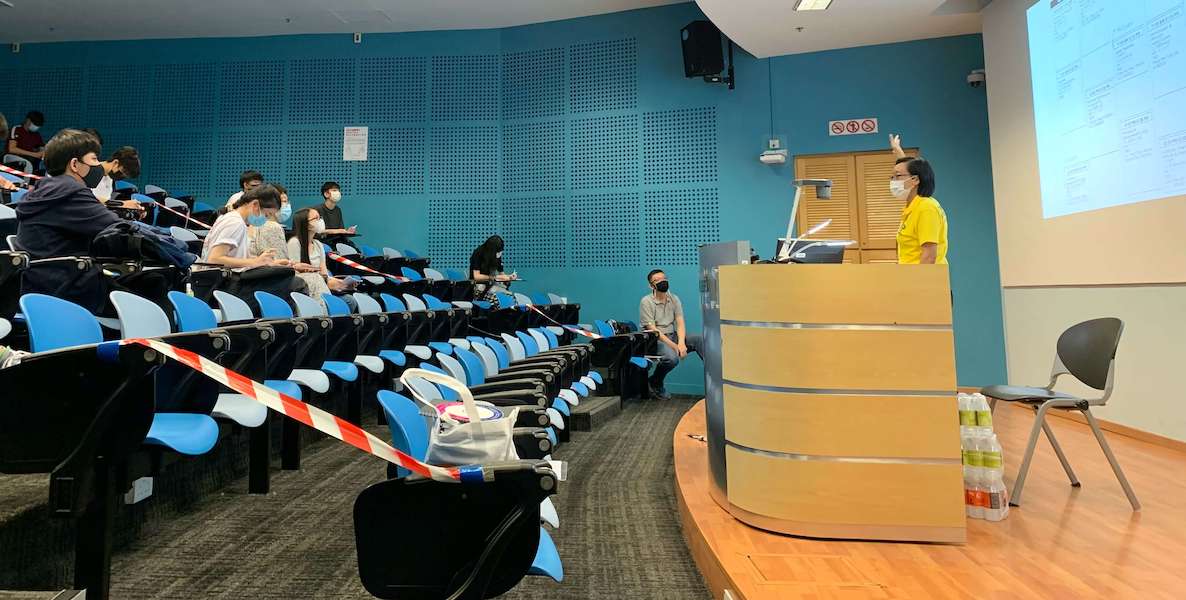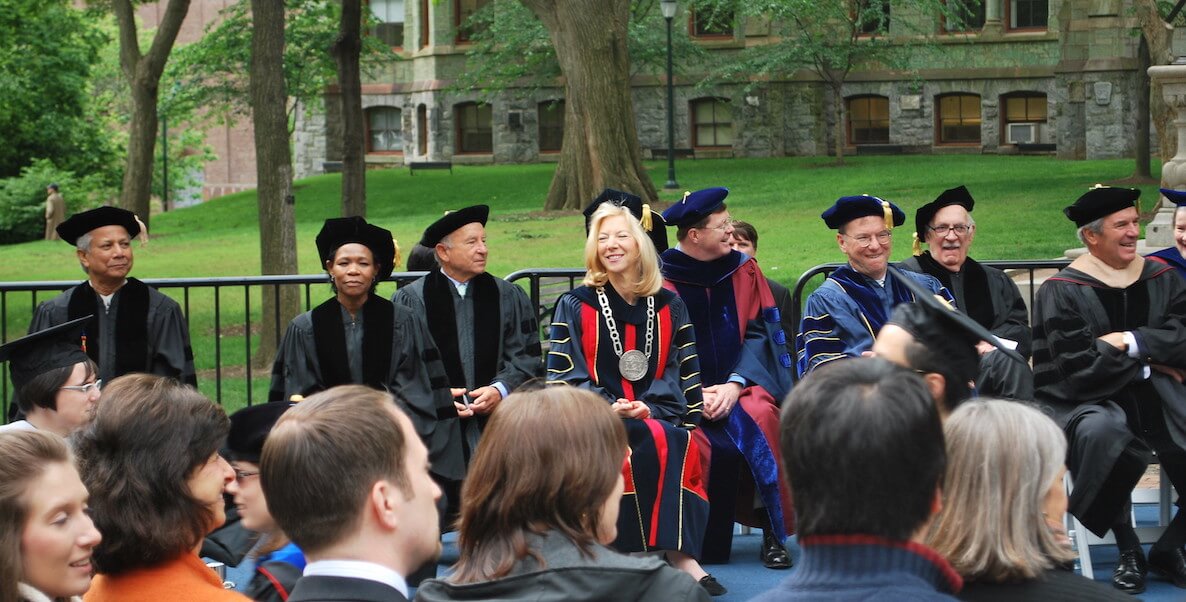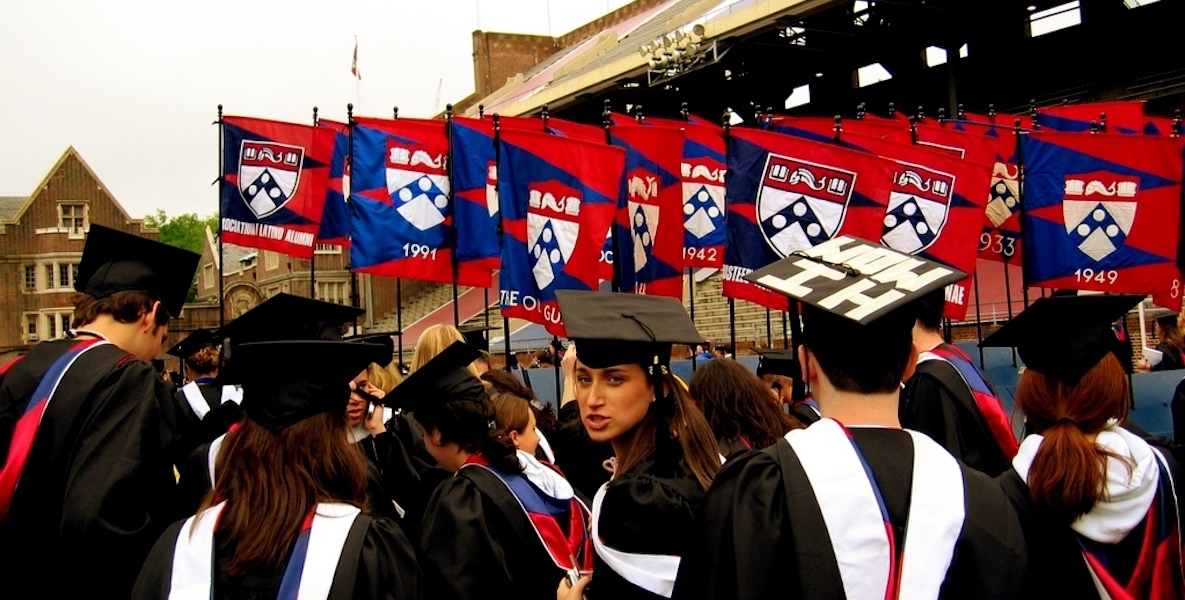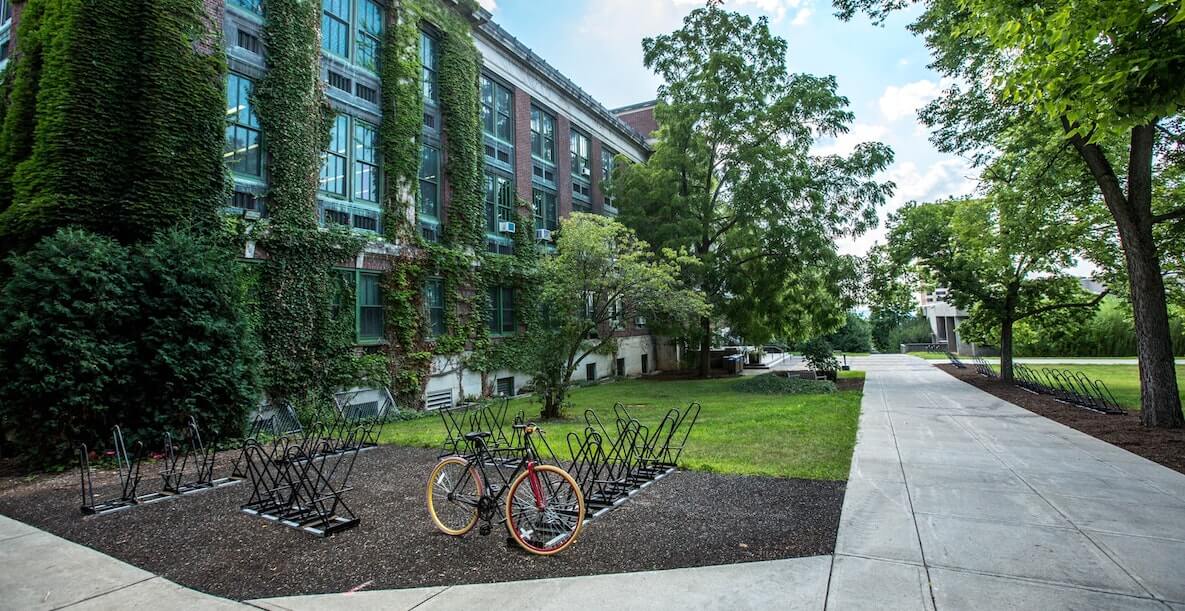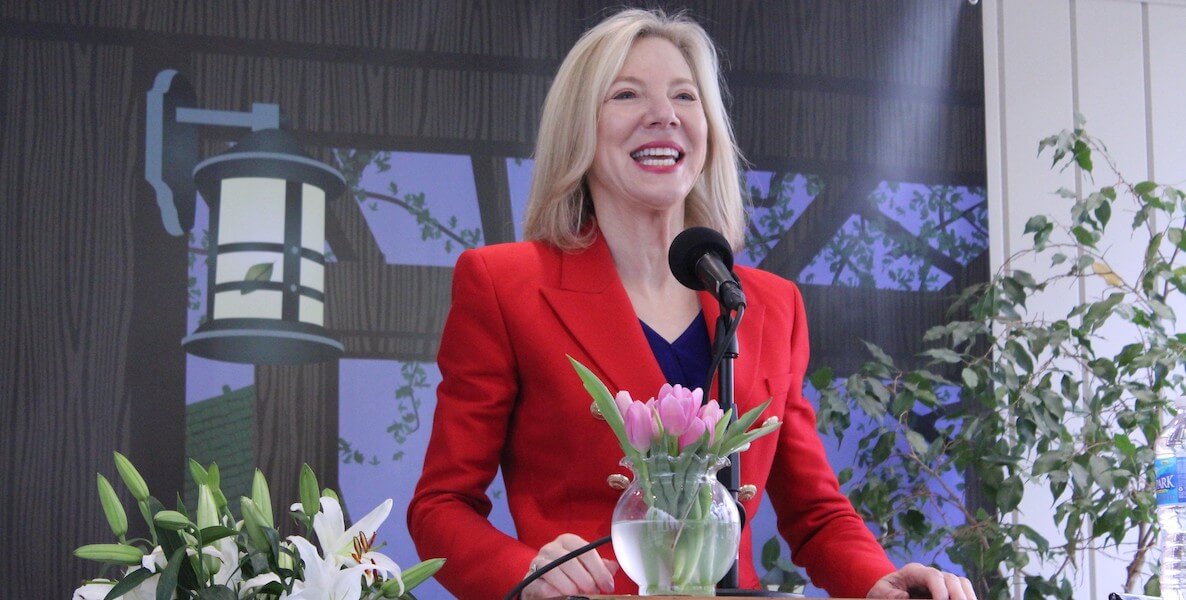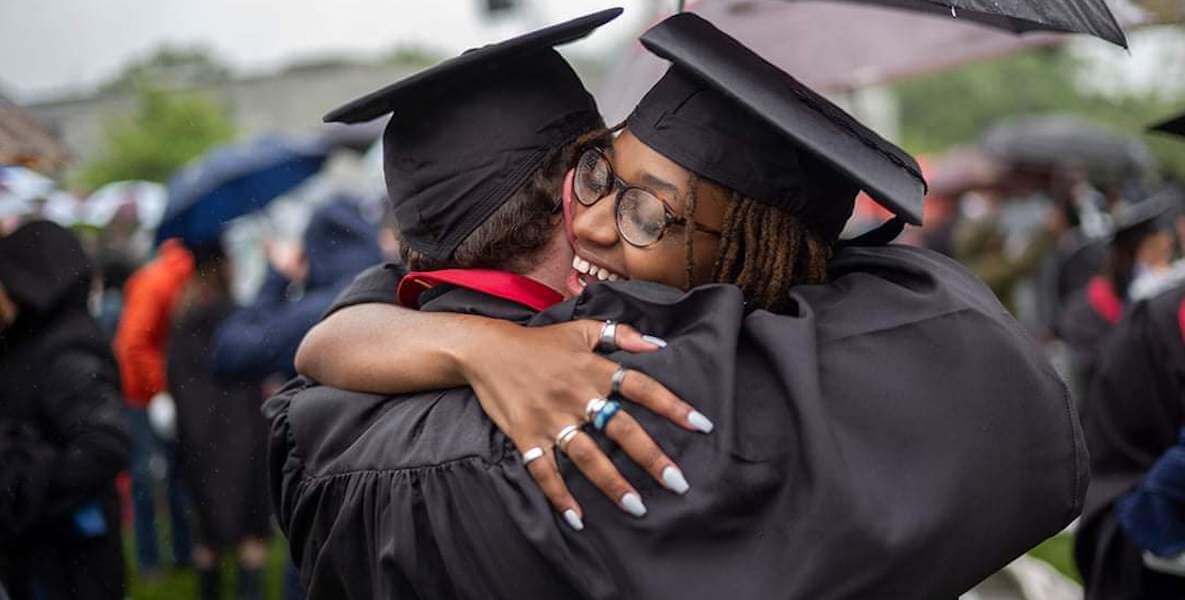People who should know better are evaluating the college experience in terms of salaries paid to graduates in the first few years after graduation. These scorecards are not useful guidelines for selecting colleges or major fields of study.
A simplistic concept of return on investment (ROI) misleads potential college students to evaluate the debt they will incur from college attendance in comparison to the money they will make after graduation. As I have written before, college debt is a significant issue, but through careful planning it’s possible to avoid much of that debt in the first place.
In any case, the salary earned in the first two years after college graduation does not indicate much about life-time earnings or satisfaction. Although engineering majors may continue to outpace humanities majors in top salaries, most arts and humanities majors catch up to median incomes in later years. Even more important, humanities majors report overall happiness with their lives.
Engineers and accountants may be happy, too, if they are passionate about engineering or accounting. But unless students are really committed to a major that sounds like a job, they would be better advised to explore the many possibilities of college study and hold off on choosing a major. First-year college students have never even heard about many fascinating fields. One example is “Health Informatics.” College graduates in this area develop “MyChart” capabilities for patients and doctors. It’s a growing field that is rarely noted at Middle School Career Days.
It’s a truth not widely acknowledged that social capital is the make-or-break element in professional success. We’ve all heard the expression, “It’s not what you know; it’s who you know.
That’s another important point. We prematurely ask teenagers to select careers. I do understand that it helps students to focus on the future if they have professional goals in mind. But our approach should be much broader. We should help students connect their passions and interests to plans for a fulfilling life.
Studying the arts and humanities has merits beyond one’s working life—for active citizenship and personal reflection.
I also believe that colleges and universities should partner with organizations that provide certificates in useful skills like coding and offer all students, including arts and humanities majors, the opportunity to combine an understanding of the big picture with the immediately practical.
College programs that put mission before major
During my presidency of Governors State University (GSU) in suburban Chicago, we developed what we called the Center for the Junior Year (CJY). With some exceptions (engineering and nursing, for example), most students in the first two years complete general education requirements and a few prerequisites. It’s in the third year, as juniors, that they pursue a major.
At GSU, we developed the CJY to prepare freshmen and sophomores (whether at the university or at our partner community colleges) for successful selection and pursuit of majors in the junior year. Our motto was “mission before major.” Embedded in general education courses and in other curricular and co-curricular activities were opportunities to explore personal missions—what students want to accomplish in life—with an array of possible majors.
Stanford and Johns Hopkins universities have taken this idea much further, eliminating narrowly defined Offices of Career Services and engaging faculty and staff in life design. A thought leader in this transformation is Dr. Farouk Dey, vice provost for Integrative Learning and Life Design at Johns Hopkins and former dean of Stanford Career Education.
According to his website, “Dr. Dey has worked with education and industry leaders to launch a new vision of equitable access to life aspirations and economic opportunity for all students regardless of background or social capital using principles of integrative learning and life design.”
His ideas definitely qualify as those we should steal.
Let’s think for a moment about Dr. Dey’s reference to “social capital.” It’s a truth not widely acknowledged that social capital is the make-or-break element in professional success. We’ve all heard the expression, “It’s not what you know; it’s who you know.” That used to mean—and to some extent still does—that no matter what the college major, students with family connections will find opportunities.
We prematurely ask teenagers to select careers. I do understand that it helps students to focus on the future if they have professional goals in mind. But our approach should be much broader. We should help students connect their passions and interests to plans for a fulfilling life.
Elite universities like the University of Pennsylvania raise the chances of networking with influential fellow students. I would argue, however, that all universities and colleges—Ivy League, liberal arts, flagship, regional public, or community colleges—have an obligation to assist every student in building social capital.
In the mission-before-major framework, building social capital means integrating internships into all four years of study. Through doing real work evaluated by people outside the university, students will demonstrate their abilities to future employers and influencers.
Several years before the pandemic motivated organizations to offer on-line internships, Jeffrey Moss, an entrepreneur inspired by the educational philosophies of Francis Parker and John Dewey, founded Parker Dewey, dedicated to reforming the college-to-work transition.
Companies offer short-term professional assignments that most motivated college students, freshman to senior in any major, can perform. All micro-internships are paid. But students need help from their colleges and universities in recognizing their capabilities in performing these gigs and writing convincing applications for the jobs.
In the Philadelphia area right now Swarthmore College is doing the best job in preparing students for these opportunities and making them aware of the experience they are gaining and the social capital they are building. Another excellent feature of Swarthmore’s Swat Works is the involvement of alumni in creating and supervising the micro-internships. Through their own excellent performance, first-generation college students have opportunities to connect with successful Swarthmore grads and to prove their potential for future employment.
Another local opportunity is PA Bankers Micro-Internships. This Parker Dewey project, sponsored by the PA Bankers Association, is available to any interested applicant and ripe for partnership with any metro-Philadelphia college or university.
As students—traditional age or adult—consider the true value of a college degree, they should look for higher ed experiences that encourage putting mission before major and support the building of social capital. Throughout the land, women and men are rethinking their current employment. The Great Resignation is evidence of people on personal quests. Colleges and universities are meant to assist learners in life design. That assistance is guaranteed to be a worthy return on investment.
Elaine Maimon, PhD, is author of Leading Academic Change: Vision, Strategy, Transformation. Follow @epmaimon on Twitter.
![]()
RELATED
Header photo: Swarthmore College graduation



